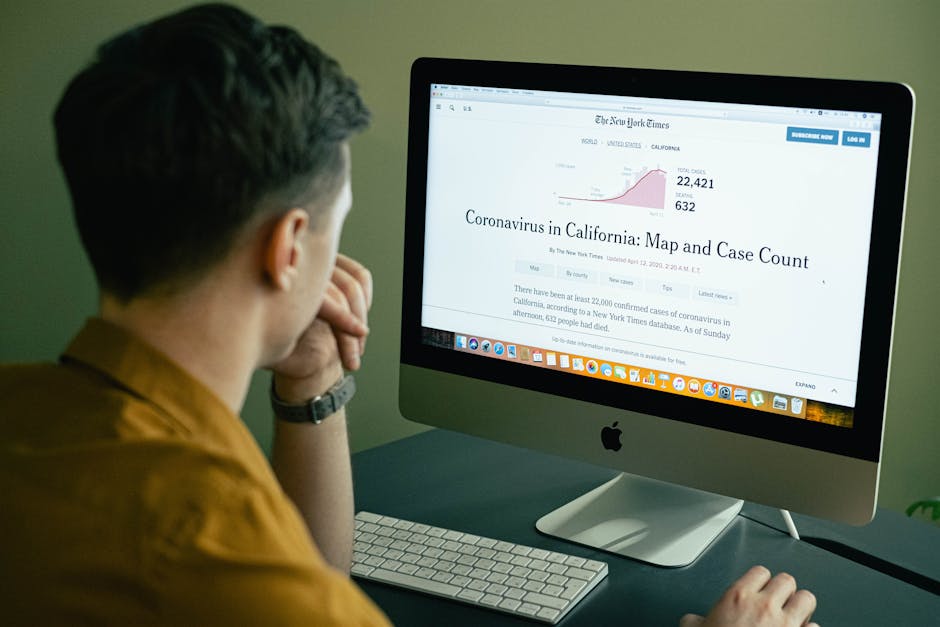In a significant move affecting the digital gaming landscape, New York’s Attorney General, Letitia James, has taken decisive action against online sweepstakes casinos and sports betting operations. With the issuance of 26 cease-and-desist notices, these platforms are finding their operations in the Empire State brought to an abrupt halt. This enforcement action was detailed in a news release late Friday, underscoring the state’s commitment to clamping down on what it deems illegal online gambling activities.
The crackdown comes after close collaboration between James’ office, the New York State Gaming Commission, and Senator Joseph Addabbo. The collective effort aims to safeguard New Yorkers from the potential harms associated with unregulated online sweepstakes casinos. “Online sweepstakes casinos are illegal, dangerous, and can seriously ruin people’s finances,” James stated, highlighting the gravity of their concerns.
Legislative efforts echo this sentiment,

with bills aimed at banning these operations making their way through both chambers of the state legislature. Senator Addabbo has been vocal about closing loopholes that have allowed sweepstakes operators to thrive undeterred. He stressed that these measures are not about impeding businesses but rather protecting citizens from fraud and promoting a safe online gaming environment for adults.
This initiative is not isolated to New York alone. Several other states have already passed legislation targeting sweepstakes operations, including Connecticut, Louisiana, Montana, and Nevada. These legislative moves signal a growing trend toward stricter regulation of online gaming activities across the United States.
Despite these sweeping measures, some sites continue to operate within gray areas of the law. VGW’s platforms—Chumba Casino, Global Poker, and LuckyLand Slots—ceased distributing in-game currency exchangeable for real cash prizes as of June 2nd but will allow gameplay until August 1st. In response to increasing regulatory pressure, VGW spearheaded the formation of trade groups like the Social Gaming Leadership Alliance and supported initiatives like the Social and Promotional Gaming Association (SPGA).
The SPGA has voiced its frustration over what it perceives as mischaracterizations by AG James. The association defends its members’ practices as operating within legal frameworks and adhering strictly to consumer protection and responsible gaming standards. They argue that sweepstakes promotions do not constitute gambling under federal law and remain legal in most U.S states—including New York.
As this situation unfolds, it underscores a critical dialogue between regulators and industry stakeholders striving for clarity in regulations governing free-to-play games and platforms offering sweepstakes-style promotions. The outcome could significantly shape future policies surrounding online gaming operations nationwide.










Leave a Reply